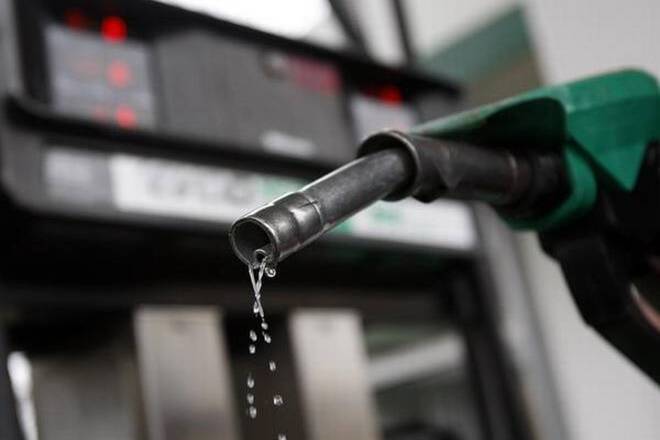Fuel marking has dealt with adulteration – govt

What you need to know:
- Rev Frank Tukwasibwe, the Ministry of Energy commissioner of petroleum supply, said cases of fuel adulteration, smuggling and transit product dumping have reduced from 30 per cent to 0.5 per cent in the last five years.
Officials in charge of fuel marking and quality monitoring from the Ministry of Energy and Uganda National Bureau of Standards (UNBS) have revealed that the national fuel quality compliance rate stands at 99.4 per cent despite a few cases of adulteration in some parts of the country.
The energy officials made the revelation in Kampala on Wednesday during the stakeholders’ meeting on the fuel marking and quality monitoring programme. The players in the energy sector used the forum to discuss avenues to improve the energy sector, particularly, ensuring fuel quality compliances on the market.
Rev Frank Tukwasibwe, the Ministry of Energy commissioner of petroleum supply, said cases of fuel adulteration, smuggling and transit product dumping have reduced from 30 per cent to 0.5 per cent in the last five years.
He said: “Fuel marking and quality monitoring programmes have been effective in the last five years. Fuel adulteration was a serious challenge, many companies mixed Kerosene with petrol to maximise profits at the expense of people’s vehicles.”
“We have fought the vice, we have deployed our staff in all regions with mobile laboratories and many fuel stations have been closed and others are still under investigation,” Rev Tukwasibwe added.
The UNBS Field Supervisor in charge of the fuel marking and quality monitoring programme, Mr Peter Kitimbo, said the Bureau is closely monitoring the eastern parts of Uganda, especially Bugiri District where high cases of adulteration are being registered during the transportation of fuel from Mombasa.
“We are using technology to track and apprehend non-compliant dealers who engage in smuggling, transit product dumping and adulteration. Illegalities in the sector cause losses to the government and consumers,” Mr Kitimbo said.
He added: “Our research has revealed that the persisting quality non-compliance cases are caused by the transporters. Managers and station owners are rarely involved in the vice, that’s why we advised [that there should be] a quality test before offloading the products.”
UNBS says 4,189 retail fuel stations are spread all over the country. They are supplied by more than 1,600 road tankers.
Mr Kitimbo said that at least 71 per cent of the stations are being monitored under the quality assurance programme.
Meanwhile, the Energy Ministry dismissed allegations that the high fuel prices are partly driven by quality marking costs.
"The marking price is only Shs30 per litre [of fuel] which is less than one per cent depending on the current fuel prices," Rev Tukwasibwe said.





